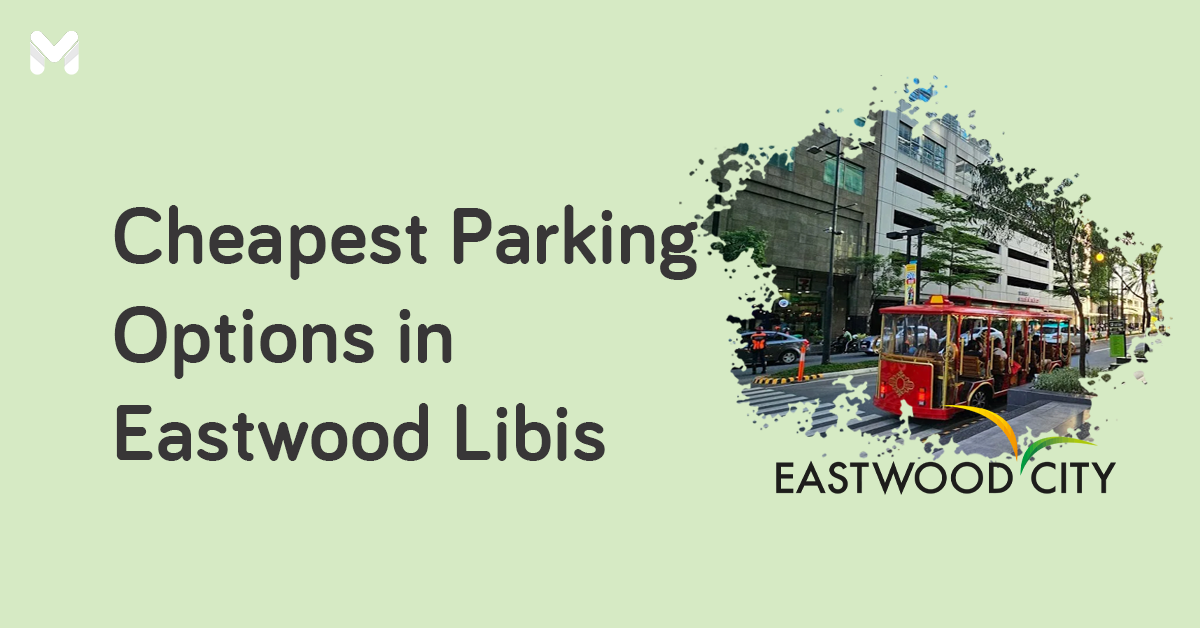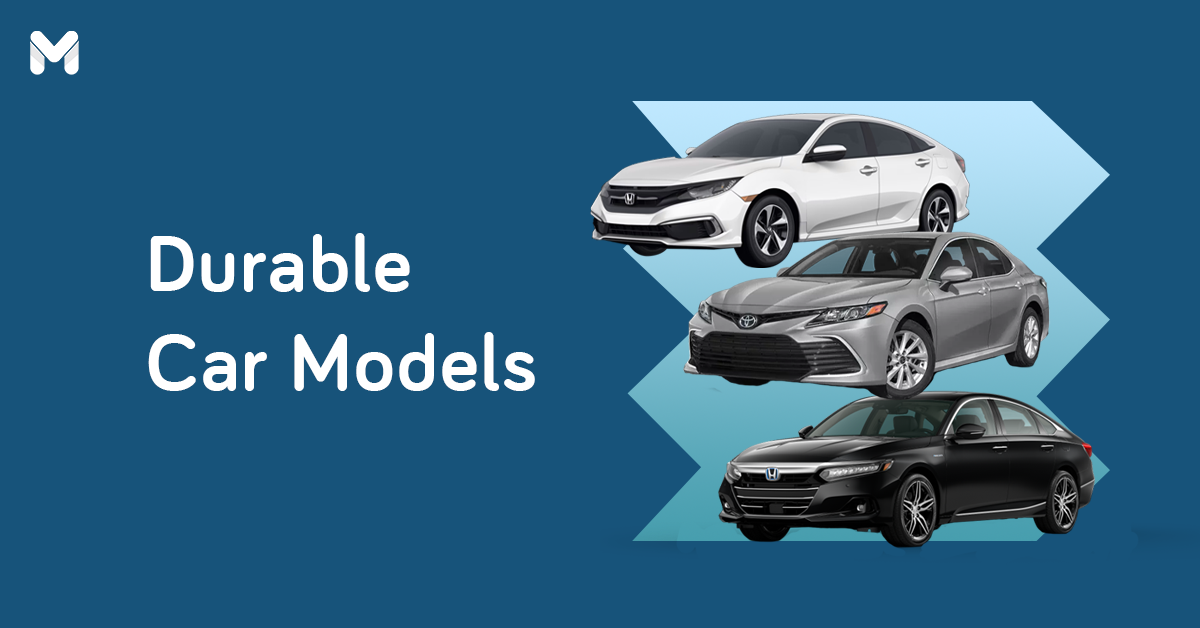
According to a joint report of the Chamber of Automotive Manufacturers of the Philippines (CAMPI) and Truck Manufacturers Association (TMA) showed sales in the first six months of 2015 zoomed 21 percent to 131,465 units from 108,957 units during the same period of 2014. This may be because of a number of reasons: increased exposure of crowd sourced public transport systems like Uber and Grabcar, increased purchasing power of professionals, or lower pay-out amounts required by banks to get a car loan.
We talked to three professionals who have bought their cars before they hit 30, and how they managed to make the purchase:
- Ian de Vera is an IT and Enterprise Innovator at the University of the Philippines- Institute of Small Scale Industries who bought his car at 28 years old.
- Kassy Pajarillo is a Marketing Officer-In-Charge at Waterfront Pavilion Hotel who bought her first car at 25 years old.
- Lei-oh Atienza is a Marketing Officer at SM Storyland who bought his car at 25 years old.
We asked them about when they bought their car and what motivated them to get one at the time, and here’s what they had to say:
On needing to buy a car
Ian: It was convenient, and an easy way for me to get around. Yes, there’s traffic, but having a car of my own was a sure means of transportation.
Kassy: My motivation was when I adopted a dog. I wanted to transport him to his groomer, drive out to do errands, and perhaps go to places without the hassle. But mostly my dog. You see, once you own a dog, it’s hard to leave him at home alone. Also, I was very active back in the day when I bought it - I had to have transport for my early morning runs, and hook my bike.
Lei-oh: It’s because I used to take over an hour every day just to get to work. I wanted a car so that getting around was easier, and for my own safety.
On the car that they wanted and specific plans
Ian: I had a few plans in place. One of the goals I had in mind was saving for a house of my own – seeing as I was single and living with my parents at the time. The car was something that I wanted too, but between that and saving for my own place, I couldn’t save up for it.
Kassy: At first, I was looking into buying a SUV. I knew I wanted to pay full in-cash. When I was thinking about the purchase, I assessed why I wanted to buy a car. What was I going to use it for? Is it going to be more for errands and to transport me from point A to point B or is it more for long drives? I had a specific budget saved - it was either to use it all or to be smart about it. The target amount I had back then was between Php 300,000.00 - Php 600,000.00. I also factored in the miscellaneous charges.
Lei-oh: Between saving up for a home of my own and buying a car, I figured I could find a way to make both work. I wasn’t sure about what kind of car I wanted but I made it as one of my concrete goals to buy one.
On saving up for the down payment
Ian: This is where it gets a little tricky. I was saving for a house, so I decided to take out a loan to finance the down payment instead. It was tricky because I wanted to shell out 20%, but my sales agent told me my application would have a better chance of approval if I shelled out more, so I ended up paying 30%.
Kassy: I was working at Sales at the time. It was a goal that I carved in stone. I saved up the down payment by sticking to a proper game plan. I was able to pay in full by making sure I had all the money. Seeing as I was the very first person to purchase a Chery QQ (now known as the QQ3), I ended up getting a much better plan – two years to pay and it came with a temporary car to use whenever my car needed maintenance.
Lei-oh: Making sure that I had sufficient income was a big factor since I don’t want put all my savings into my car’s down payment. The monthly income by the rent I collected from a two-bedroom apartment was also a big addition to my income which gave me the capacity to save up for the down payment of my car.
On keeping up with the payments
Ian: It was tough. The salary I had at the time wasn’t enough to cover everything so I took a second job to augment my income. Luckily, I also got promoted and the pay increases helped immensely. Take note: in my line of work, pay hikes don’t come as often – which is why I say “luckily”.
Kassy: I made sure I had a separate checking account solely for the car payments. The entire amount was deposited in that checking account. The money was parked and I set the record straight to myself that I absolutely couldn’t use it for anything else.
Lei-oh: Just proper income management, really. I never liked to spend more than I earned, and that worked out nicely when it came to keeping up with the monthly payments.
On financing
Ian: I went and applied for a bank loan. I remember that the payment term was five years, but I’m unsure of the interest rate anymore. If memory serves, it was 16% per annum.
Kassy: I definitely wanted to pay in cash, so I didn’t even think about getting financing assistance for my purchase.
Lei-oh: I actually didn’t apply for financing. In my line of work, the company actually espouses financial literacy and proper income management to its employees. I basically just applied that to my purchase of the car.
On what new car buyers should consider
Ian: I think they have to consider all the factors. Of course, the more advanced the model, the more expensive it is. I think the most important factor is the fuel efficiency of the car. Then again, the most fuel-efficient model is the hybrid which is also the most expensive, so you really have to weigh in your needs and wants versus your budget. Plus, you also have to think about the seating capacity of your vehicle.
Kassy: Assess why you'd want to have a car, what are you going to use it for? Once you distinguish the long-term use of the car, assess the maintenance cost. Are the spare parts available in the market? Is there a nearby casa for maintenance? Is the sales man trustworthy person that you can depend on in the long term? Make sure there are no other occurring costs once the car has already been purchased. Stick with the budget and leave a budget at least 10%-15% for future maintenance after 3-6 months.
Lei-oh: The costs of actually paying it off monthly. Parking fee cost is something most people do not think of before buying a car but it isn’t cheap so assess if you have a parking space near your office that you can use for free, then that would be great savings on your end. Finally, as basic as it may seem, you should learn to drive beforehand. I had no idea how to drive when I bought my car.
On the difficulties and challenges to prepare for when you purchase a car
Ian: I think it’s not keeping up with the monthly payments that is the most burdensome. When you apply for a car loan, you've more or less psyched yourself that you really have to allot a certain amount from your budget for the payments. I think the most burdensome for car buyers, especially those who only bought it on a loan, is the preventive maintenance service that your car must undergo every two or three months or for every 5,000 kilometers of car mileage. When I bought my own car, I was not prepared for the regular and compulsory maintenance service which becomes more expensive as your unit gets old.
Kassy: Car registration, motor vehicle insurance, and the rest of the paperwork. You should always include a continuous car budget monthly from your salary for your future car maintenance and at least Php10,000.00 for spare tires.
Lei-oh: Prepare for the unexpected and set aside a certain amount of your salary for car maintenance costs. Get car insurance so you won’t shell out a large amount of money when the inevitable happens (which hopefully, won’t). Don’t spend more than you earn while you’re paying off the car because you wouldn’t want this to be the cause of being buried in debt.
Final Thoughts
A car is a huge responsibility, and picking the right one for you factors in more than just the price. There’s also finding the right kind of insurance, and figuring out how to finance payments while still setting aside money for your savings and investments.
As Ian, Kassy, and Lei-oh have pointed out, it’s more than possible to get a car under 30 years old – it just takes a lot of hard work, focus, and preparation.









